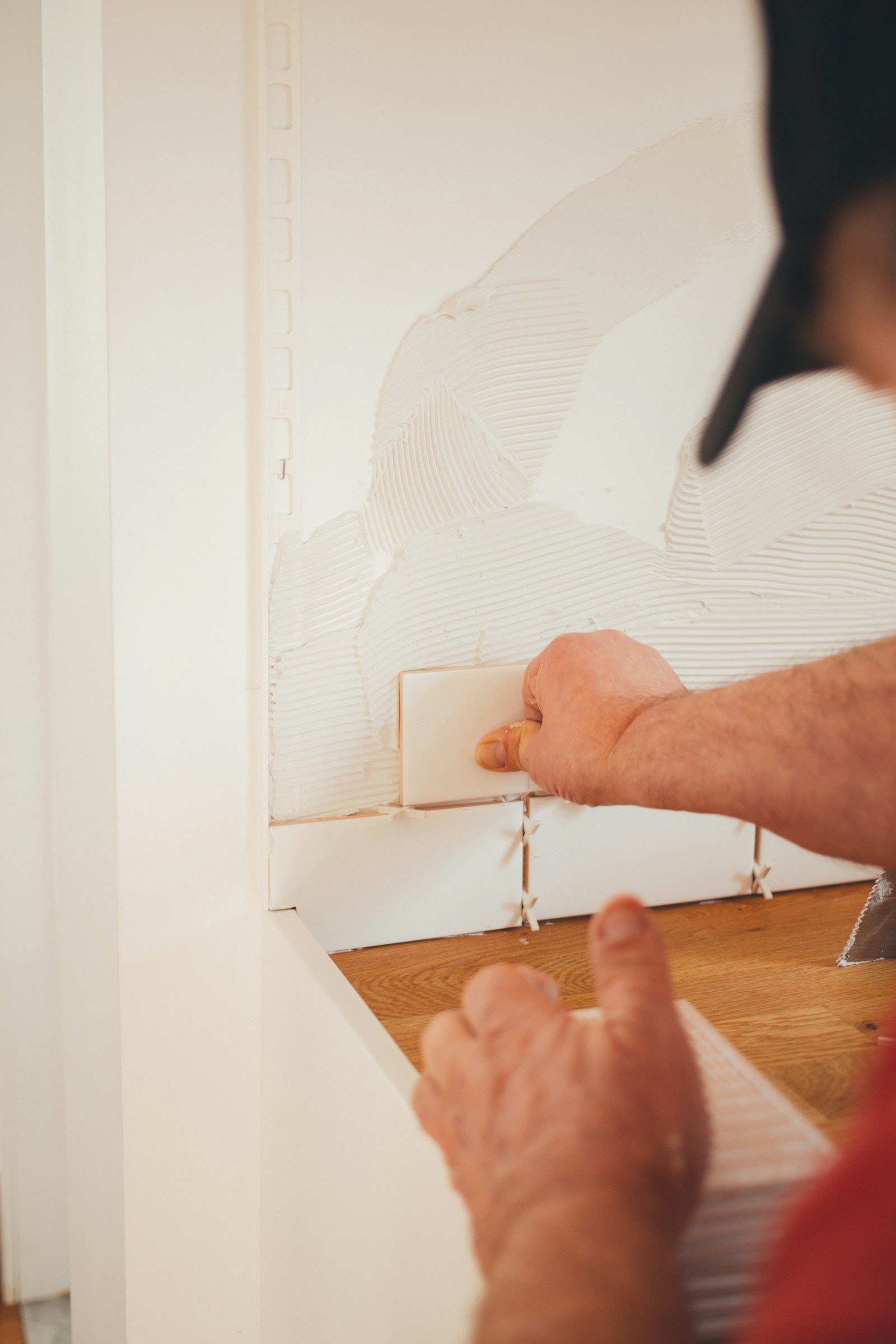Thinking of flipping houses in Ottawa? Learn the profit potential, renovation tips, risks, and 2025 market outlook for real estate investors.
What Is House Flipping and Why It's Popular in Ottawa
Flipping houses means buying a property below market value, renovating it, and selling it quickly for a profit. It’s an exciting path to real estate wealth—but it comes with real risk.
In Ottawa, flipping remains popular because:
There's ongoing demand for move-in-ready homes
Buyers pay a premium for updated finishes
The market is stable, with moderate but steady appreciation
With the right strategy, flipping in Ottawa can be profitable and repeatable—but only if you plan carefully.
The Ottawa Real Estate Market in 2025: Is It Flipper-Friendly?
As of 2025, Ottawa’s market remains balanced, with moderate price growth and strong buyer activity in affordable segments.
2025 Market Highlights:
Average resale price: ~$710,000
Average days on market: 20–35 (depending on area)
Highest demand: Updated single-family homes under $750,000
Slowest segment: Luxury homes and unrenovated fixers with structural issues
Flippers see best returns in transitional neighbourhoods where demand is high but inventory is aging—like Vanier, Alta Vista, Carlington, and parts of Orleans.
What Types of Properties Make Good Flips?
Not every fixer-upper is a flipper’s dream. The best properties typically include:
Look for homes with good bones, outdated finishes, and no major foundation or mold issues.
Costs Involved in Flipping a House
Flipping is capital-intensive. Here’s what you’ll likely pay for:
A detailed budget and timeline are essential to avoid losing money.
How to Calculate Potential Profit on a Flip
Use the 70% Rule as a rough guide:
Max Purchase Price = (ARV × 70%) – Renovation Costs
Example:
ARV (After Repair Value): $750,000
Renovation Budget: $100,000
Max Purchase Price: ($750,000 × 0.70) – $100,000 = $425,000
This ensures enough margin to cover costs and yield profit. Some experienced flippers work with 60–65% margins in riskier markets.
Financing a Flip: Mortgage vs Private Lending
Traditional banks may hesitate to fund flips, especially if you don’t plan to live in the home.
Options Include:
Conventional mortgage: Low rates, slow approval, often for owner-occupied
HELOC (home equity line of credit): Great for repeat investors
Private lenders: Higher rates (~8–12%) but fast and flexible
Partnering with investors: Split costs, profits, and risks
Each has pros and cons—speak to a mortgage broker who works with investors.
Legal Permits and Renovation Rules in Ottawa
Avoid red tape by knowing what needs a permit:
Electrical and plumbing work
Structural changes (walls, load-bearing beams)
Basement suites (must meet fire codes, zoning)
Decks, additions, and major exterior changes
The City of Ottawa offers a Permit Wizard Tool online. Skipping permits can result in fines—and difficulty selling the home later.
Common Mistakes First-Time Flippers Make
Flipping isn’t HGTV magic. Here’s what to avoid:
Underestimating renovation costs
Over-improving beyond what the neighbourhood supports
Hiring the cheapest contractors
Failing to stage and market properly
Flipping in a slow or declining market
Your first flip should be cosmetic, not structural, and in a fast-selling area.
Exit Strategies: Sell Fast or Hold as Rental?
If the market shifts, you may need to pivot:
🏡 Option 1: Sell Immediately
Pros: Quick return, no long-term obligations
Cons: Market-dependent, realtor fees cut profit
🏠 Option 2: Rent It Out
Pros: Long-term income and appreciation
Cons: Ongoing management, landlord obligations
A buy-and-hold backup plan can save your investment if the flip timeline stretches out.
FAQs About Flipping Houses in Ottawa
1. Is flipping still profitable in Ottawa in 2025?
Yes—especially in transitional areas and under $800K properties.
2. Do I need a contractor’s license to flip a house?
No—but you must use licensed tradespeople for electrical, plumbing, and permits.
3. How long does a typical flip take?
Anywhere from 3 to 6 months, depending on renovations and permits.
4. Do I pay capital gains tax when I flip?
Yes—flips are treated as business income, not a principal residence.
5. What if I go over budget?
Always plan for 10–15% in contingencies. Overruns can kill profit margins.
6. Can I flip a home I already own?
Absolutely. Just be aware of tax implications if it’s not your principal residence.
Final Thoughts: Is Flipping Still Profitable in Ottawa in 2025?
Flipping houses in Ottawa can be highly profitable, but only for those who treat it like a business—not a hobby. With rising renovation costs and tighter markets, it takes knowledge, connections, and discipline to succeed.
Start small, do your research, and surround yourself with pros. The right flip can be your launchpad into long-term real estate success. 💼🔧


